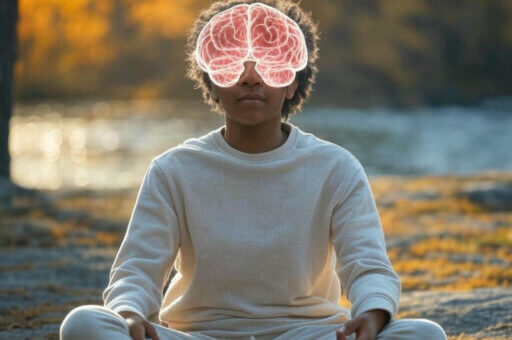Mindfulness: A Guide to Living in the Present
Mindfulness: A Guide to Living in the Present
Blog Article

With never-ending stress, practicing mindfulness has become necessary.
Understanding Mindfulness
It involves bringing awareness to your inner experiences and external environment without attachment.
Many scientific studies recognize the positive effects of mindfulness in improving mental clarity.
The Positive Effects of Mindfulness
Practicing mindfulness can result in a wide range of benefits, including:
- **Lower Stress Levels**
Mindfulness helps you to let go of worries, reducing stress and tension.
- **Stronger Mental Performance**
Regular mindfulness practice boosts concentration, making it easier to complete tasks efficiently.
- **Increased Emotional Intelligence**
It reduces impulsivity, leading to healthier relationships.
- **Better Sleep Quality**
By practicing mindfulness before bed, you prepare the body and mind.
- **A Deeper Connection with Yourself**
By practicing mindfulness, you gain insight of your mental patterns.
Easy Ways to Incorporate Mindfulness into Your Life
Mindfulness can be cultivated in various ways. Here are a few simple techniques:
1. **Mindful Breathing**
Take slow, deep breaths, focusing on each inhale and exhale.
2. **Tuning into Physical Sensations**
Close your eyes and observe each part Source of your body, from head to toe.
3. **Savoring Each Bite**
Eat slowly, paying attention to the taste, texture, and smell of your food.
4. **Observing Thoughts Without Judgment**
Instead of overanalyzing thoughts, simply observe them and let them go.
5. **Spending Time in Nature**
Nature is a natural mindfulness enhancer, helping you reduce stress.
What Mindfulness is NOT
Despite its widespread practice, mindfulness is often misinterpreted. Here are some common myths:
- **Clearing the Mind Completely**
Mindfulness is not about eliminating thoughts, but rather about becoming aware of them.
- **Mindfulness Takes Too Much Time**
Mindfulness can be done anytime, anywhere, even in quick exercises.
- **It’s a Religious Practice**
While mindfulness has roots in Buddhism, it is used in medical settings regardless of belief system.
Conclusion
By incorporating mindfulness into your daily life, you can increase happiness.
Why not give it a try? Every moment is an opportunity to be present! Report this page